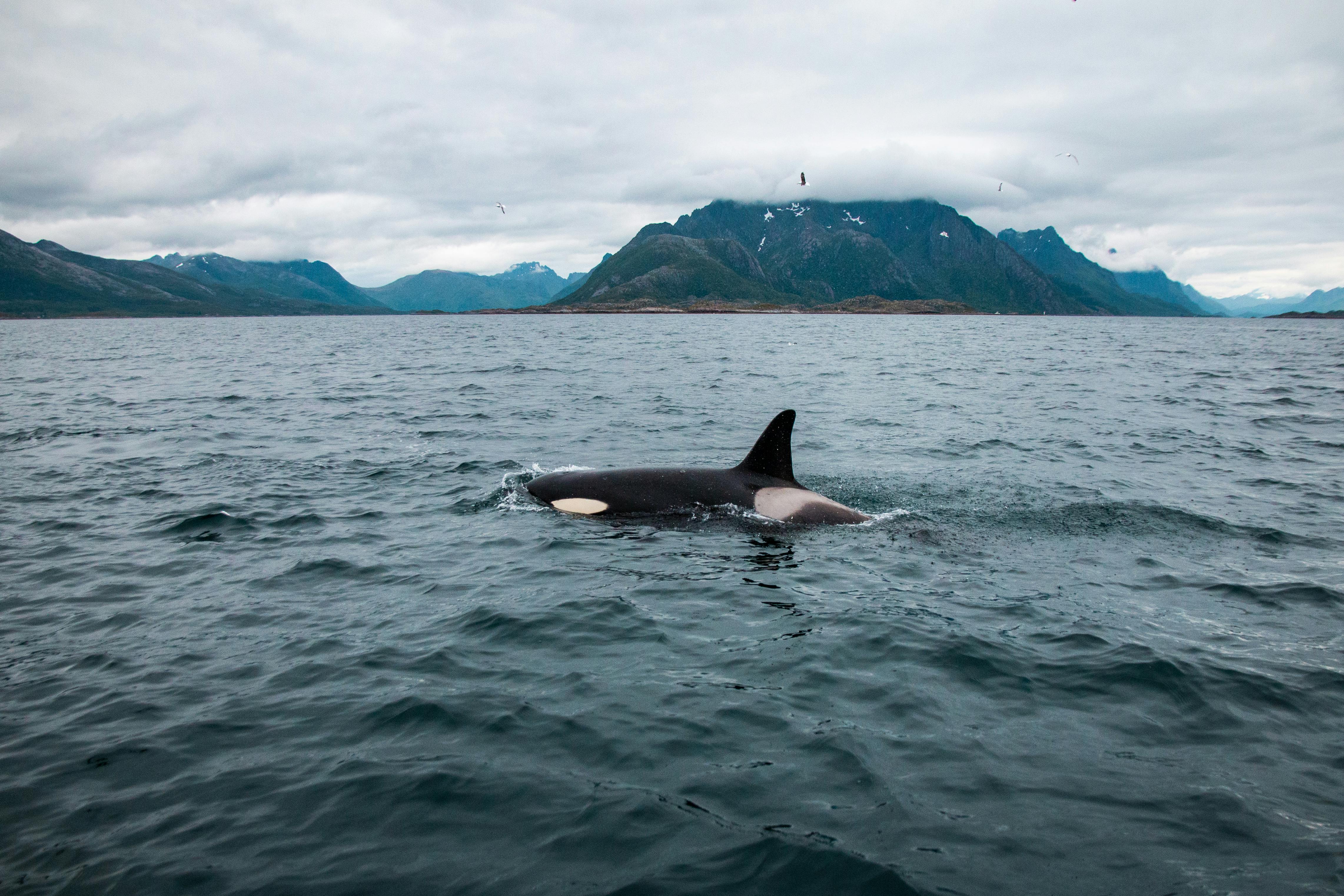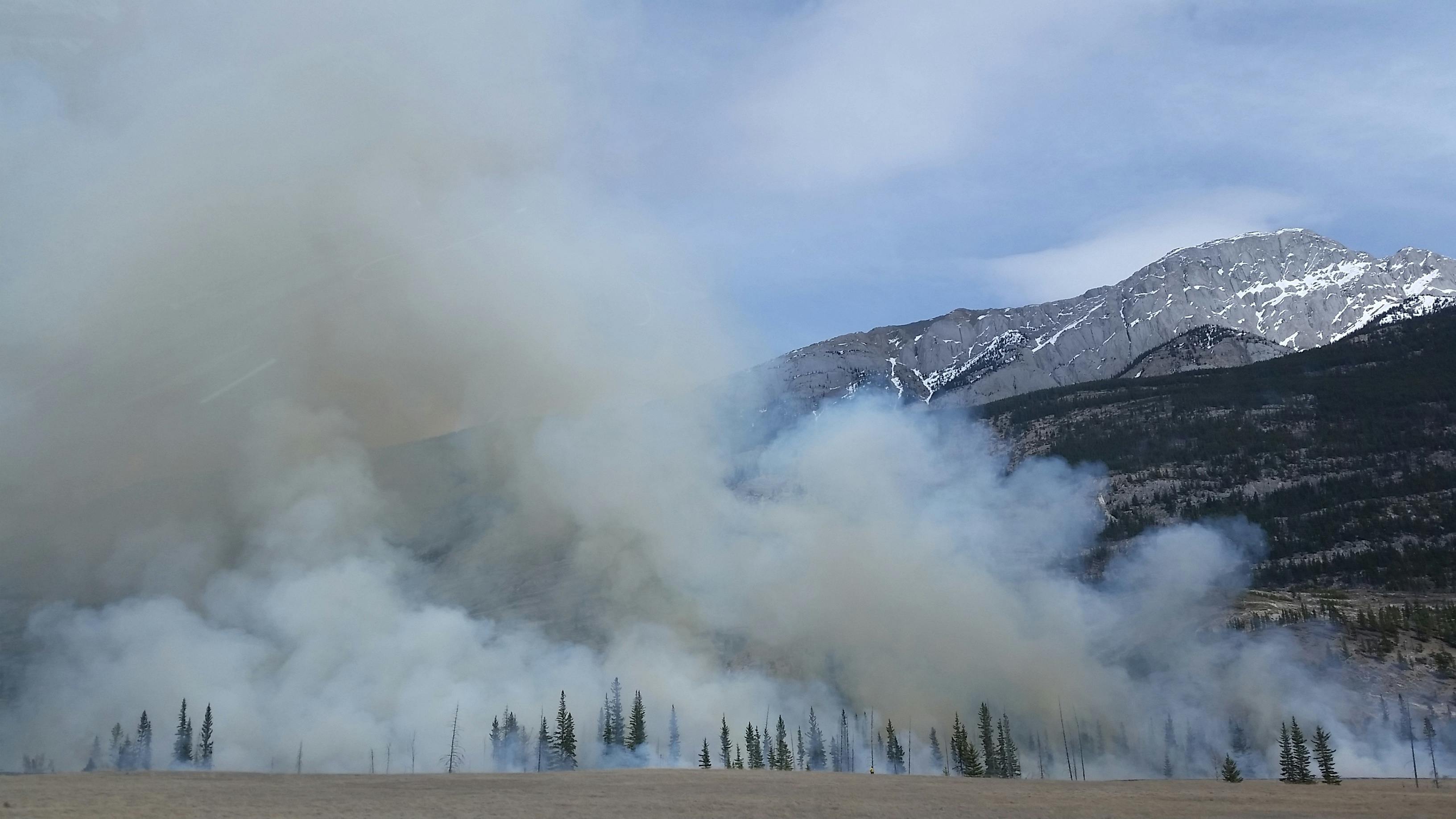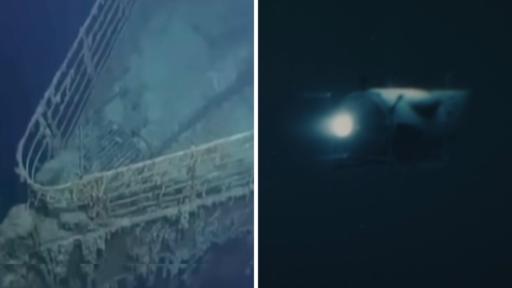An orca has been seen hunting and consuming a great white shark within minutes, but the catch is, the killer whale completed the job alone for the first time ever recorded.
The discovery has highlighted “unprecedented behavior” and cunning skills of the killer whale, say the authors of the study.
Orcas are typically known to work in large packs to catch their prey – from sea lions to seals and even other whales. They eat sharks too and generally work together to fill their lunch quota, until now.
Scientists have documented that killer whales will surround prey while using their strength, numbers and intelligence to hunt. The animals have been known to hunt on their own too, but this is the first time one was observed trailing one of the world’s largest predators, the great white shark.
READ NEXT: Sun erupts most powerful solar flare in 7 years as experts issue warning over GPS and satellites
Dr Towner led an international research team into the discovery, with the study published in the African Journal of Marine Science.
Dr Towner, who has studied great white sharks for 17 years, said: “Again, as previously in South Africa, the orcas are exhibiting a strong preference for extracting and consuming the lipid-rich livers of white sharks — a specialized feeding behavior.
“But what we witnessed was an orca, nicknamed Starboard – due to his collapsed dorsal fin – performing alone to incapacitate and consume a white shark within an astounding two-minute timeframe.

“Starboard was observed preying on a 2.5-meter (8.2 feet) juvenile white shark, later carrying the shark’s liver in its mouth past a boat.
“This sighting revealed evidence of solitary hunting by at least one killer whale, challenging conventional cooperative hunting behaviors known in the region.
“These are groundbreaking insights into the predatory behavior of this species, and our findings significantly contribute to the global understanding of Killer Whale predation dynamics, enhancing knowledge of marine ecosystems and predator-prey relationships.”
During this event, at least two great whites were apparently killed, as another carcass, measuring 3.55 meters (11.6 feet) was discovered nearby.
But Dr Towner warns the study raises questions on the impact of orcas hunting sharks has on population, and changes within the marine ecosystem.
READ NEXT: Secrets of 240-million-year-old ‘Chinese Dragon’ revealed by palaeontologists




